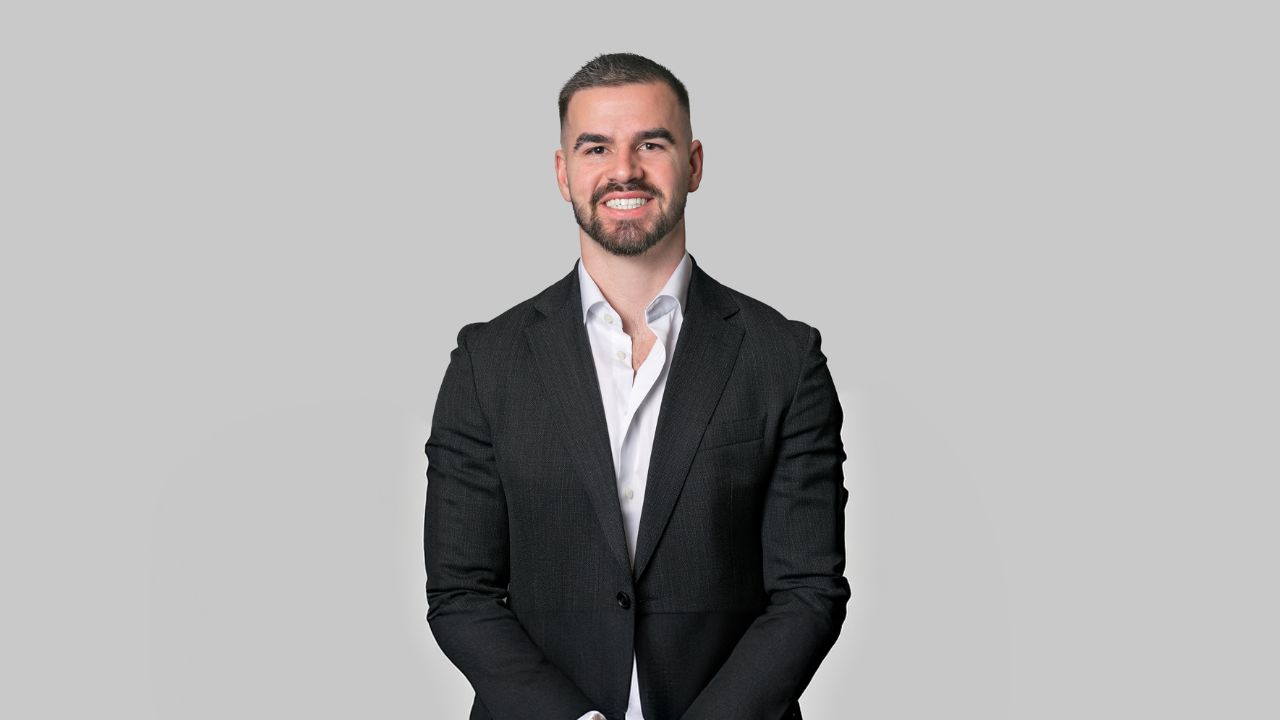When Cooper Askew became a property partner at just 23, his new title carried expectations well beyond listing and selling.
It meant shaping a division, supporting a team, managing client flow and setting the operational pace of a business.
The first 100 days, he admits, were not about making a mark; they were about working out what the role actually required.
Cooper began his real estate career at sixteen in the Shellharbour region, where he developed the relationships that underpin much of his business today.
This background meant the transition into a leadership position at The Agency did not begin with a scramble for listings.
Instead, it became an exercise in understanding how years of community contact translate into early stability.
“The opportunities that have come through in the first hundred days are linked to relationships that started years ago,” he says.
“They didn’t suddenly appear because the business changed.”
Stepping into the role also meant adjusting to the behavioural and structural realities of leadership.
Cooper describes his earlier workplaces as tightly controlled, with fixed boundaries around where and how an agent could operate.
Those limitations shaped his daily habits for years, so removing them required a shift in thinking.
“It wasn’t really about what I had to learn,” he says. “It was about what I had to unlearn.”
The absence of rigid boundaries placed greater weight on his own systems.
Without preset restrictions guiding activity, he had to define the standard himself.
This included planning days around prospecting, client care, negotiation work and team oversight, often simultaneously.
“You have more space,” he says, “but that means you need more structure.”
One of the more immediate lessons was that leadership is less about title and more about pace and consistency.
Cooper soon realised that his own habits set the rhythm of the division.
If he slowed down, the whole environment lost momentum.
If he pushed too hard, the strain showed elsewhere, so finding the balance became a key part of the first 100 days.
He also learned that early stability depends heavily on the experience inside the team, and the South Illawarra operation includes long-time operators who bring depth and steadiness to the daily workflow.
“Some of them have been in the industry for twenty years, and they still enjoy it,” he says.
“That makes a massive difference when things get busy.”
Their presence held the business steady while he adapted to the demands of the role.
Another adjustment was developing a longer-term perspective.
Cooper speaks openly about how easy it is for new leaders to focus only on the immediate month, and he argues that a stronger position comes from planning ahead and avoiding short-term decisions driven by pressure.
“If you’re not secure, you end up making short-term decisions,” he says.
“You need the space to think about the bigger picture.”
Despite being one of the youngest property partners in his region, Cooper is not interested in using age as a point of difference; if anything, his early career reinforced the need for time in the field before taking on a broader responsibility.
“Don’t rush it,” he says. “You need six, seven, eight years around industry leaders so you understand the pace and the disciplines to work at.”
His own career reflects that philosophy: years spent listening, observing and building a client base before scaling up.
Looking ahead, Cooper says the next phase is about strengthening the division’s structure, developing the team and ensuring consistent performance across both sales and management.
His first 100 days have shown him that leadership is not defined by rapid expansion or dramatic change, but by the steadier work of setting standards, maintaining discipline and managing the shift from individual agent to someone responsible for the rhythm of an entire team.
Ultimately, the early months taught him that becoming a property partner is less about running a business and more about understanding the systems, habits and decisions that keep one moving in the right direction.
Everything else, he says, follows from that.
Lessons from the first hundred days
Here are the themes Cooper says have mattered most:
1. Do not rush into business ownership
Cooper may be young, but he is firm that new agents often try to step up far too early. His advice: spend six to eight years around strong operators before taking the leap.
“You need enough experience to understand the pace and discipline of the industry,” he says.
2. Think long term, especially financially
He emphasises being financially ready before starting a business arm. Without this, agents fall into short-term thinking that harms service, culture, and growth.
3. When the time comes, commit fully
Cooper is blunt: “If you’re thinking about doing something, just do it. It’ll either work or it won’t. But don’t half-do it.”
4. Leadership is about creating opportunities for others
He credits past mentors for shaping him and now sees his role as giving his team the space to grow their own careers.
5. The market rewards consistency, not intensity
The results in his first hundred days came from years of steady work, not spur-of-the-moment tactics. Agents wanting quick returns will struggle.

